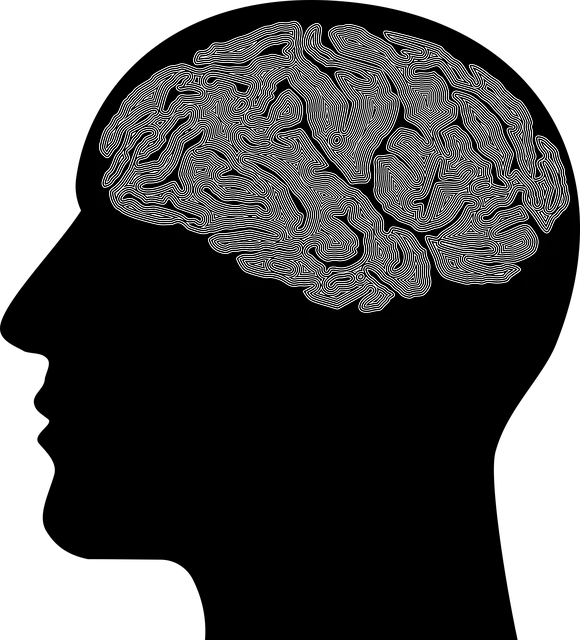Mental health professionals in Lakewood face high misdiagnosis rates (30-50%), leading to ineffective treatments and patient suffering. Access to specialized services like those offered by Lakewood Kaiser Permanente is crucial. They combine advanced technology, such as machine learning algorithms, with rigorous staff training to enhance diagnostic accuracy. Programs focusing on emotional intelligence and cultural sensitivity improve patient-provider relationships, facilitating open communication and nuanced assessments. Integrated crisis intervention guidance in electronic health records (EHRs) ensures consistent best practices, while ongoing training enhances risk assessment and empathy building, resulting in precise diagnoses and effective treatment plans for all mental healthcare services at Lakewood Kaiser Permanente.
Mental illness diagnosis accuracy is a critical aspect of patient care, with significant implications for treatment outcomes. This article explores efforts to enhance diagnostic precision, focusing on the innovative strategies employed by Lakewood Kaiser Permanente in their mental health services. We delve into the challenges of misdiagnosis and discuss how technology and specialized training are revolutionizing assessment methods. By examining these approaches, we aim to highlight impactful improvements that could benefit the broader field of mental healthcare.
- Understanding the Challenges: Misdiagnosis in Mental Health
- Innovative Approaches to Enhance Diagnosis Accuracy
- The Role of Technology and Training in Lakewood Kaiser Permanente's Strategy
Understanding the Challenges: Misdiagnosis in Mental Health

Mental health professionals face a complex challenge when it comes to diagnosis – misdiagnosis is a significant concern, with estimates suggesting around 30-50% of initial diagnoses being incorrect (1). This issue is particularly prevalent in Lakewood, where access to specialized mental health services through organizations like Kaiser Permanente plays a crucial role. Misdiagnoses can lead to ineffective treatment plans, causing patients to suffer needlessly and potentially exacerbating their symptoms.
One of the primary reasons for misdiagnosis lies in the intricate nature of mental illness. Symptoms often overlap between various disorders, making it difficult for even seasoned professionals to distinguish between them. Emotional intelligence, a key aspect promoted through community outreach programs implementation, can aid in this process by enhancing the patient-provider relationship and enabling more nuanced assessments. By fostering open communication and encouraging patients to share their experiences, healthcare providers can gain valuable insights, leading to more accurate diagnoses and personalized treatment approaches.
Innovative Approaches to Enhance Diagnosis Accuracy

At Lakewood Kaiser Permanente mental health, innovative approaches are being implemented to enhance diagnosis accuracy and improve patient care. One such method is the integration of advanced technology, such as machine learning algorithms, which can analyze vast amounts of data to identify patterns indicative of specific mental health conditions. This not only aids in early detection but also ensures a more precise diagnosis.
Additionally, Lakewood Kaiser Permanente places a strong emphasis on empathy building strategies and cultural sensitivity in mental healthcare practice. Training programs equip healthcare professionals with the skills to understand and respect diverse cultural backgrounds, beliefs, and experiences. By incorporating Stress Reduction Methods tailored to individual needs, they foster an environment of trust and open communication. These comprehensive approaches ultimately contribute to more accurate diagnoses and better outcomes for patients seeking mental health services.
The Role of Technology and Training in Lakewood Kaiser Permanente's Strategy

At Lakewood Kaiser Permanente, we recognize that advancements in technology play a pivotal role in enhancing mental health diagnosis accuracy. Our strategic approach leverages digital tools and resources to support our mental health professionals. For instance, we’ve integrated crisis intervention guidance directly into our electronic health records (EHRs), enabling healthcare providers to access evidence-based strategies at the point of care. This ensures that every interaction with a patient is informed and consistent with the latest best practices.
Through ongoing training programs, we equip our staff with comprehensive risk assessment skills and empathy building strategies. These initiatives are designed to foster an environment where mental health professionals can confidently identify subtle signs of distress and provide timely interventions. By combining cutting-edge technology with rigorous training, Lakewood Kaiser Permanente is committed to delivering more precise diagnoses and effective treatment plans for all patients seeking mental healthcare services.
Mental illness diagnosis accuracy is a complex issue, but with innovative approaches like those adopted by Lakewood Kaiser Permanente, significant improvements are achievable. By leveraging technology and providing comprehensive training, healthcare professionals can navigate the challenges of misdiagnosis more effectively. This strategy not only benefits individuals receiving treatment but also contributes to the overall improvement of mental health services within the community, as seen in Lakewood Kaiser Permanente’s successful implementation.
